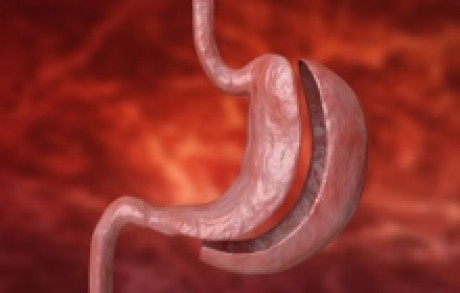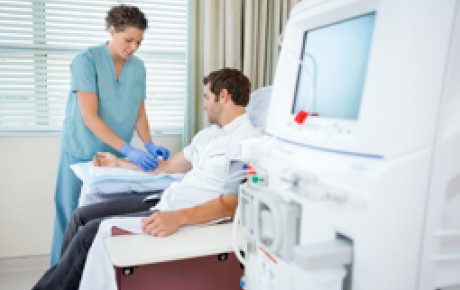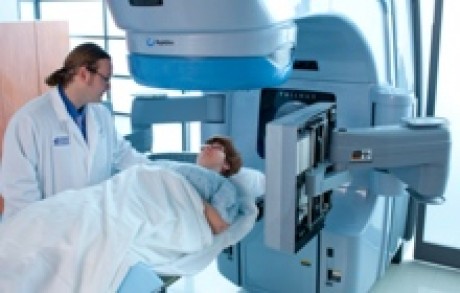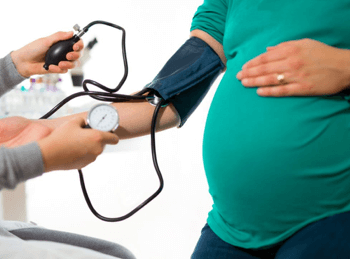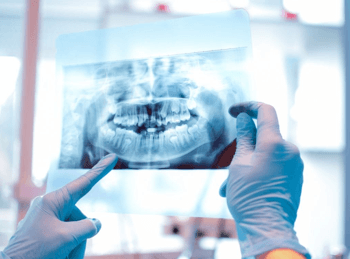Type 2 diabetes(T2DM) is the most common form of diabetes, accounting for approximately 95 percent of all cases. Obesity is the primary cause for T2DM and the alarming rise in diabetes prevalence throughout the world has been in direct association increase rates of obesity worldwide. T2DM leads to many health problems including cardiovascular disease, stroke, blindness, kidney failure, neuropathy, amputations, impotency, depression, cognitive decline and mortality risk from certain forms of cancer.
WHAT IS DIABETES SURGERY?
Diabetes surgery is a term used especially for weight loss treatments and interventions for the treatment of Type-2 diabetes.
WHO IS A CANDIDATE
Surgery for Diabetes is recommended to treat people with T2DM and BMI > 40 kg/m2, even if your diabetes is well controlled on medications.
Surgery for Diabetes should be considered to treat people with T2DM and BMI 35-39.9 if your diabetes is not well controlled on medications.
Surgery for Diabetes should be considered to treat people with T2DM and a BMI between 30 and 35 when your T2DM is not controlled by medications, especially in the presence of other major cardiovascular disease risk factors.
SURGERY IMPROVES TYPE 2 DIABETES IN NEARLY 90 PERCENT OF PATIENTS BY:
lowering blood sugar
reducing the dosage and type of medication required
improving diabetes-related health problems
SURGERY CAUSES TYPE 2 DIABETES TO GO INTO REMISSION IN 78 PERCENT OF INDIVIDUALS BY:
reducing blood sugar levels to normal levels
eliminating the need for diabetes medications
LENGTH OF HOSPITAL STAY
Depends on the patient’s general condition, approximately 5-6 days.
GENERAL CONTROL AFTER THE OPERATION
Patient’s should visit the hospital for check-up 6months or a year later
BEING ABLE TO FIT TO FLY
Patient will be fit to fly 1 week after the operation.



